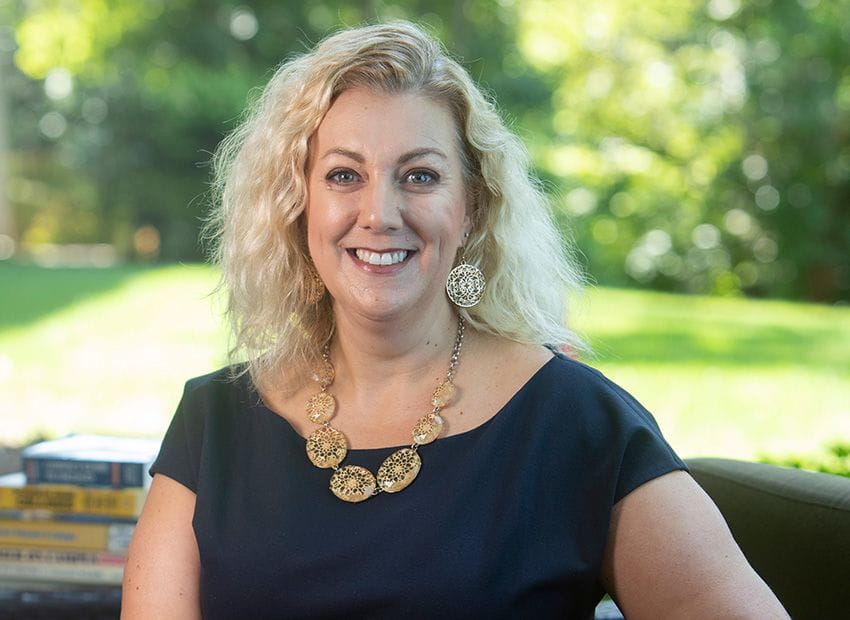Are There Medical School Scholarships?
It is not a secret that medical school is expensive. According to the Association of American Medical Colleges (AAMC), the median four-year cost for the Class of 2021 was $259,347 at public universities and $346,955 at private institutions. While the future return on a medical school education is often easily recouped, if students are financing a significant portion of their program and delaying payments while they are in school and residency, the overall cost increases exponentially. In an effort to reduce the expense of medical school, we are often asked by families, are there scholarships for medical school?
The simple answer to this question is yes, but scholarships typically have strings attached. Scholarships are awarded based on strong academic records, particular research interests, service commitments, and for specific student populations. Scholarship funding opportunities are provided at the federal and state level, along with some awards coming directly from medical schools.<
Health Profession Scholarship Program
The federal government oversees the Health Profession Scholarship Program (HPSP). The Army, Navy, and Air Force offer this program; students can attend any medical school. HPSP pays for medical school tuition and reimburses students for the costs of required course materials, equipment, and supplies. Students receive a monthly living stipend allowance of approximately $2,000. There is a one-to-one service commitment for each year of receiving medical school benefits. If you receive benefits for four years of medical school, you are bound to serve at least four years in your respective military branch. You can apply for this scholarship program through the military and each branch accepts around 300 medical students per year.
National Health Service Corps Scholarship Program
Another federal program, the National Health Service Corps Scholarship Program (NHSCSP), awards scholarships to students pursuing eligible primary care health professions training. In exchange for this funding, medical students who graduate and complete licensure must commit to practice in rural, urban, and tribal communities that have limited access to primary care. The service commitment is equal to one scholarship year, with a two-year minimum and four-year maximum.
School-Specific Merit Scholarships
Some medical schools offer scholarships based on, but not limited to, academic excellence, high MCAT scores, leadership experience, and minority status. The David Geffen School of Medicine at UCLA offers medical school scholarships to up to 25% of incoming medical students. All applicants to the medical school are automatically considered through the admission and interview process. The Duke School of Medicine offers competitive merit scholarships to incoming medical students for up to four years based on strong academic records.
The Perelman School of Medicine at the University of Pennsylvania offers the Twenty-First Century Scholars Program. Approximately 30 full-tuition scholarship awards are offered annually. Scholarship recipients are selected based on academic performance and achievement, intellectual interests, demonstrated leadership, commitment to non-academic interests, and unique life experiences that contribute to a future career in medicine.
Additionally, the Mayo Clinic Alix School of Medicine, Vanderbilt University, Emory University and Washington University School of Medicine in St. Louis offer merit scholarships for medical students. While this list of schools is not an exhaustive one, we suggest that students carefully research and inquire about potential scholarship opportunities at any medical school to which they plan to apply.
As you can see, there are scholarship opportunities available to reduce the overall cost of a medical degree and exploring any and all options may be a great way to make medical school financially feasible.






